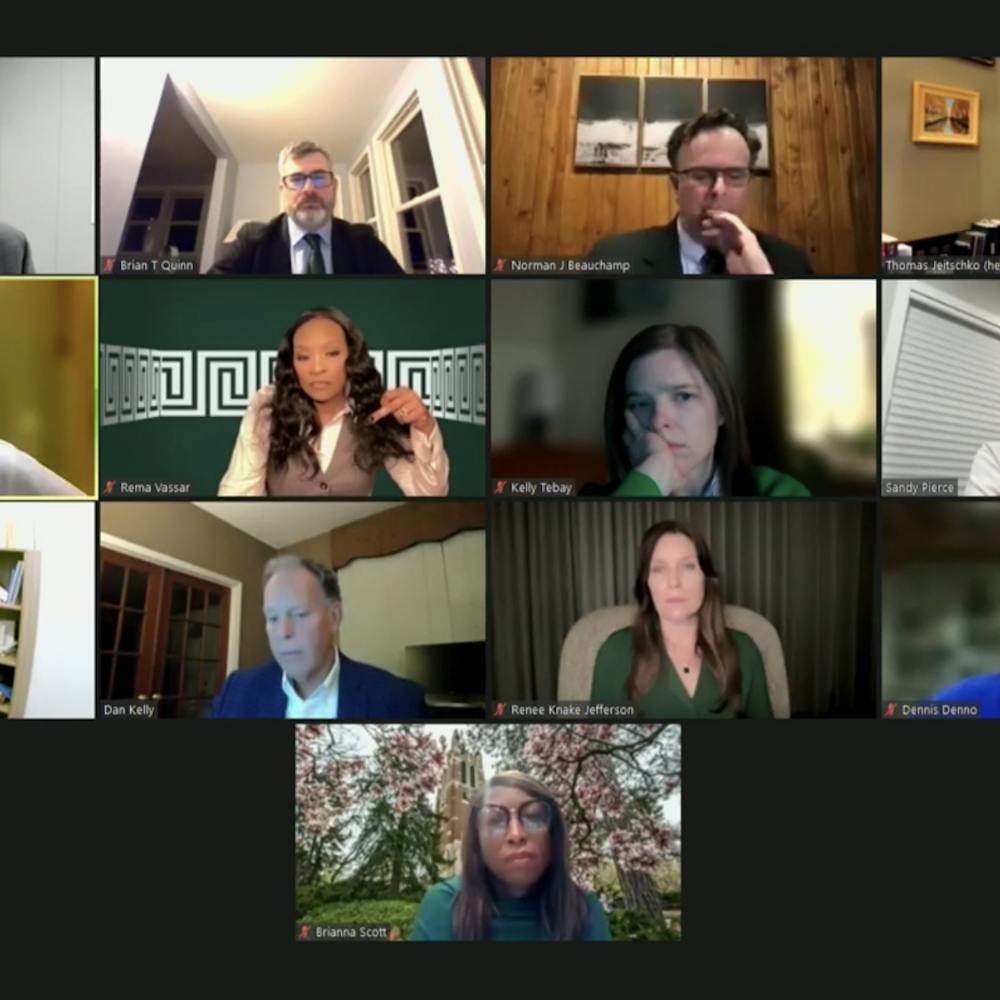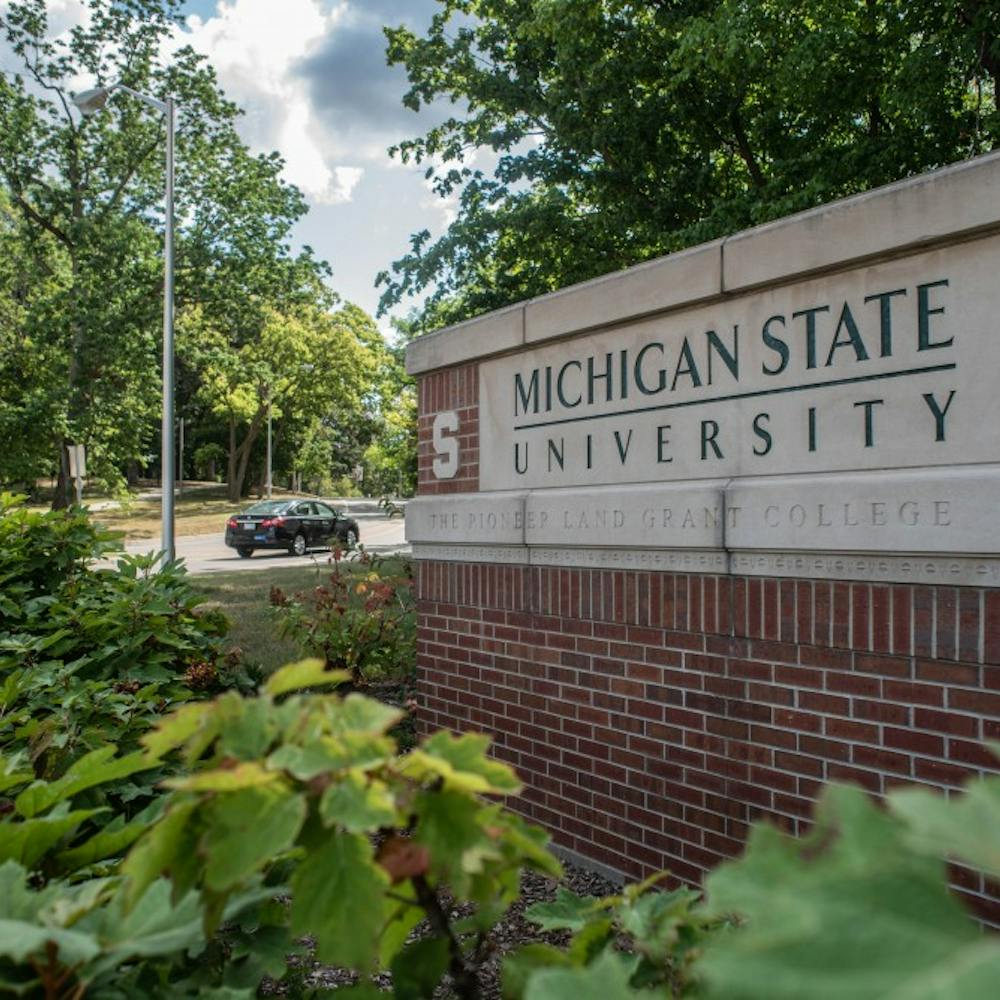Don’t even think about parking next to that handicapped space.
A new state law taking effect Oct. 1 will make it illegal to block sloping curbs and ramps. Any vehicle parking in an access aisle next to a handicapped parking space can be ticketed or towed at the owner’s expense.
The new law was designed to make travel for people with disabilities as safe and easy as possible, particularly for day-to-day tasks.
Elizabeth Glew, a fixed term faculty member and German studies doctoral student, said this law is long overdue. She has severe arthritis that limits her ability to walk.
“It doesn’t do any good to have the handicapped spaces and then have someone in the access aisle,” Glew said. “I am lucky enough to be able to unload my wheelchair from the back of my car, so I haven’t been totally blocked.”
MSU police wrote 568 tickets related to parking spots for people with disabilities in 1999, said Michael Rice, deputy chief of the MSU police. The new law will be used occasionally at MSU, but he doesn’t expect the number of related tickets to increase.
“We don’t write that many tickets for non-permitted vehicles in handicap spaces,” Rice said. “We write more because of people abusing placards by changing the date on a temporary placard or using their grandmother’s.
“Anything that adds to our ability to help out those with mobility problems is useful,” Rice said.
In 1999, the Michigan Protection and Advocacy Service, Inc. recorded more than 270 calls related to disability parking issues across Michigan. Many of those calls involved vehicles blocking access aisles to the parking space. Access aisles are typically marked with yellow or blue stripes as a warning for drivers to avoid parking there.
Previous laws allowed police to ticket drivers unlawfully parked in handicap spaces, but it was completely legal for people to park in the access aisles next to the spaces. This often blocked ramps and doors necessary for drivers with disabilities and passengers.
MSU has been working over the past 10 years to make most of campus accessible to those with disabilities. Jeff Kacos, director of Campus Park and Planning, believes MSU is a leader in the field of public accessibility.
“We’ve gone beyond what laws require, and I’m very proud of the efforts the university has made in this area,” Kacos said. “We are about 80 percent complete.”
The integration of pathway ramps, snow melting systems for all-season access and stairway ramps have all made MSU more accessible for wheelchair users. The accessibility plans are based on programs rather than buildings. A goal for Campus Park and Planning has been to make sure all students can complete all of the program requirements for every major, Kacos said.
The new law should work well with the plans the university has already put in place, Kacos said, although he doubts it will have a large effect on parking issues.






